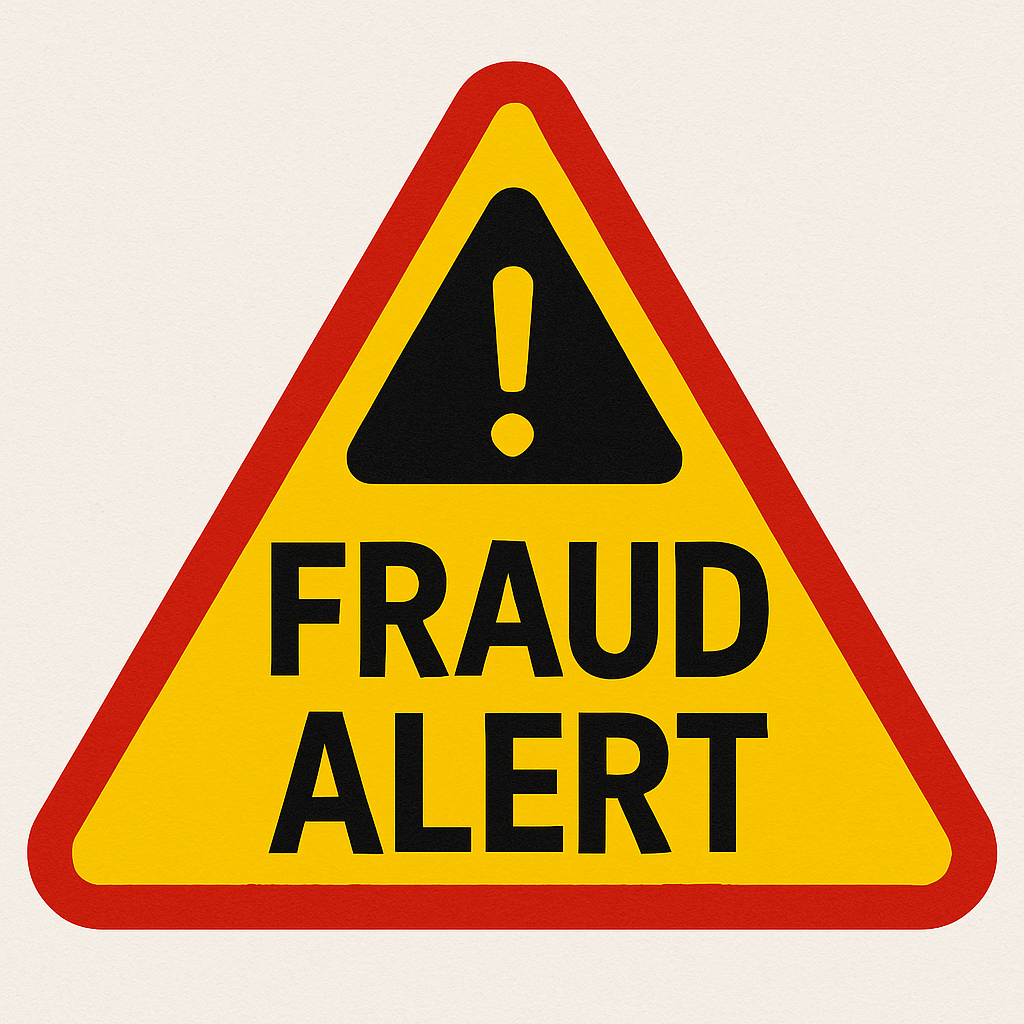You're ready for your down payment; you’re ready for your buyer closing cost, in everything else to get into your new home. Congratulations, You just became a right target for real estate fraud and real estate scams. Millions of first-time homebuyers every year to teach you, how to spot it each and every time? Let's take a closer look at this. This is really important whether you're a homeowner, people that are looking at buying a home. whether you're a first-time homebuyer or even the seasoned home buyer. Keeping your hard-earned money or losing it to would-be fraudsters. Let's make sure that we keep your money where it belongs in your pocket. Doing what you want to do? You might be wondering, why would you be susceptible to real estate fraud at this point of buying a home?
Especially if you're a first-time home buyer, the reason is simple, because they know that you're super excited and that you're inexperienced. That's why the pro tip here is always going to be to work with trusted real estate advisers and licensed bonded and insured people. To make sure that you're working with the right professional. Every step of the way whether it's going through the home buying process. When you become a homeowner keeping that in mind, as you use contractors inside your home. Always make sure, that how the Spotted scam. And working with a trusted real estate adviser will teach you how to spot them? Each and every time, that you're not a target.
How To Avoid Getting Scammed When Wiring Your Down Payment
How to avoid getting scammed, when wiring your down payment? There was another article in the paper about a central Ohio family losing $216,304 to scammers when they sold their home. You probably wonder, how this could happen? Especially with the new consumer. Protection mortgage lending and real estate licensing laws designed to protect home buyers and sellers? Let me explain, how scammers may try to defraud you during a real estate transaction? We give you three tip to stop them dead in their tracks.
How Do Real Estate Scams Work?
In the typical real estate scam, the crook instructs home buyers, sellers or title agents to wire funds to a fraud and bank account. It starts by the scammer hacking into the email account of someone involved in the real estate transaction. They often target the title agent’s, attorney’s, real estate agents or loan officers. Once they get access to the email account. The scammer can track when a transaction will close and when the funds need to be wired. The day before the closing the scammer impersonating a title agent, real estate broker or attorney, sends an email to the buyers instructing them to wire the down payment to a new account. An unsuspecting buyer may wire the money without first verifying. The new instructions with the title company and by then, it's too late and the money is lost. Most of the time there's no way to get the money back. And there's no insurance covering the loss. 3 ways to avoid getting scammed.
2. Independent Verification
Independent verification: Always verify wire instructions independently. Call someone at the office phone number at the title company and confirm that the wire instructions are correct. If they're too busy to pick up the phone, select a different title company.
1. Who's Sending Wire Instructions?
Whose sending wire instructions: Don't accept wire instructions from your real estate agent or real estate attorney. Someone would never send you an email to tell you where to wire your money. As all funds need to go to the title company, it's their job to provide you with the correct account numbers.
3. Protect Your Email Account
Protect your email account by not clicking on attachments, that may contain viruses. Never click on attachments and unsolicited emails. If your email account is compromised, the hacker could send fraud and wire instructions to the title company. That's how a good Lena family lost all profits from the sale of their home.





0 comments